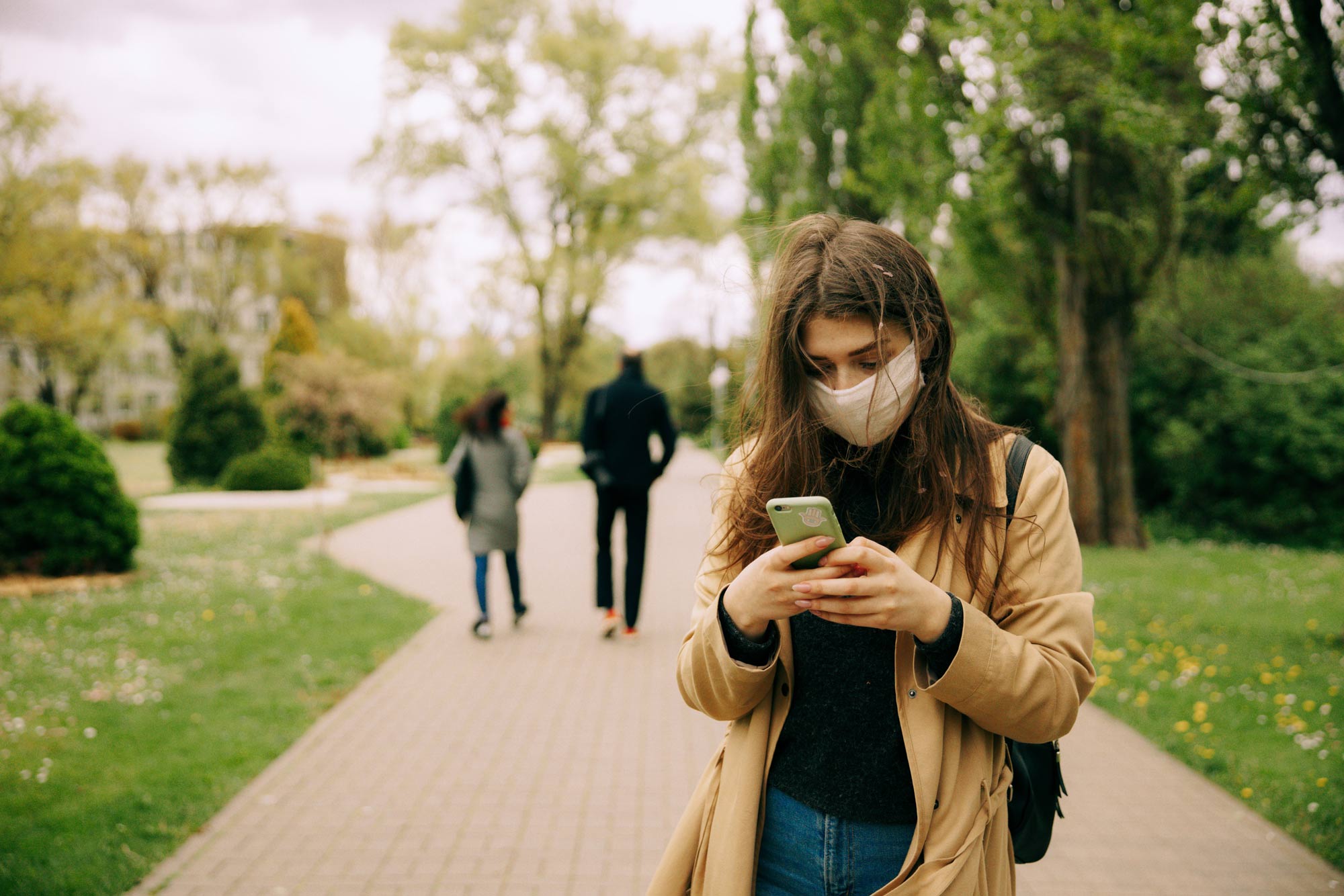 Have you noticed that you’re more short-tempered lately, that your thinking is a bit foggy and that you just don’t feel like doing much of anything? It’s not just a transient mood or minor irritation. You, like almost everyone else who has been cooped up at home during the COVID-19 pandemic, are experiencing the stress of social isolation.
Have you noticed that you’re more short-tempered lately, that your thinking is a bit foggy and that you just don’t feel like doing much of anything? It’s not just a transient mood or minor irritation. You, like almost everyone else who has been cooped up at home during the COVID-19 pandemic, are experiencing the stress of social isolation.
Associate Professor Tim Cole, who focuses his teaching and research career on relational communication, is keenly aware of how our necessary precautions to prevent the spread of this deadly disease are having very real negative effects. “There’s a lot of mimicry, a lot of nonverbal displays and physiological responses that you get when you interact face-to-face that actually provide emotional, cognitive and physiological benefits,” he says.
“Social scientists always try to get data, and, of course, we don’t have that yet. But just based on my own observations, everybody’s social life has shrunk drastically,” Cole continues. “There was already a nationwide trend of people feeling alienated and lonely, and I can only imagine that this has made those feelings worse for a lot of people.”
Years of research have established that people need to feel connected to one another. “That’s our social nature—to feel valued and a part of something other than just ourselves,” Cole says. This fact accounts for collective actions people have taken while staying at home, such as going out on their balconies and singing to each other, playing instruments and applauding the frontline workers.
Enforced isolation or togetherness will be experienced by different people in different ways. “Introverts don’t generally need a lot of people around all the time,” he says. “Some people are connecting with family in ways they didn’t connect before. They have a lot more time together, a lot more time to talk, get to know each other, do things like cook dinner together.” Conversely, people who are in a relationship that was rocky likely have experienced a lot more distress.
Cole urges people to take actions to help alleviate the stress of social isolation. “Call people, FaceTime people, Zoom people as much as you can. Set up regular opportunities to see people and talk to them safely.”
Because many of us are no longer engaging with people at work, the most practical way to make contact is to keep it local. “If you can, talk to your neighbors,” he says. “I have two dogs, so when I walk my dogs, I get to say ‘hi’ to people from a safe distance. Having those brief conversations does make a difference. My dogs have never been walked so much in their lives!”
Originally published in
Conversations (Fall 2020).